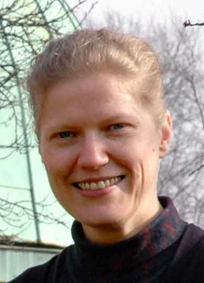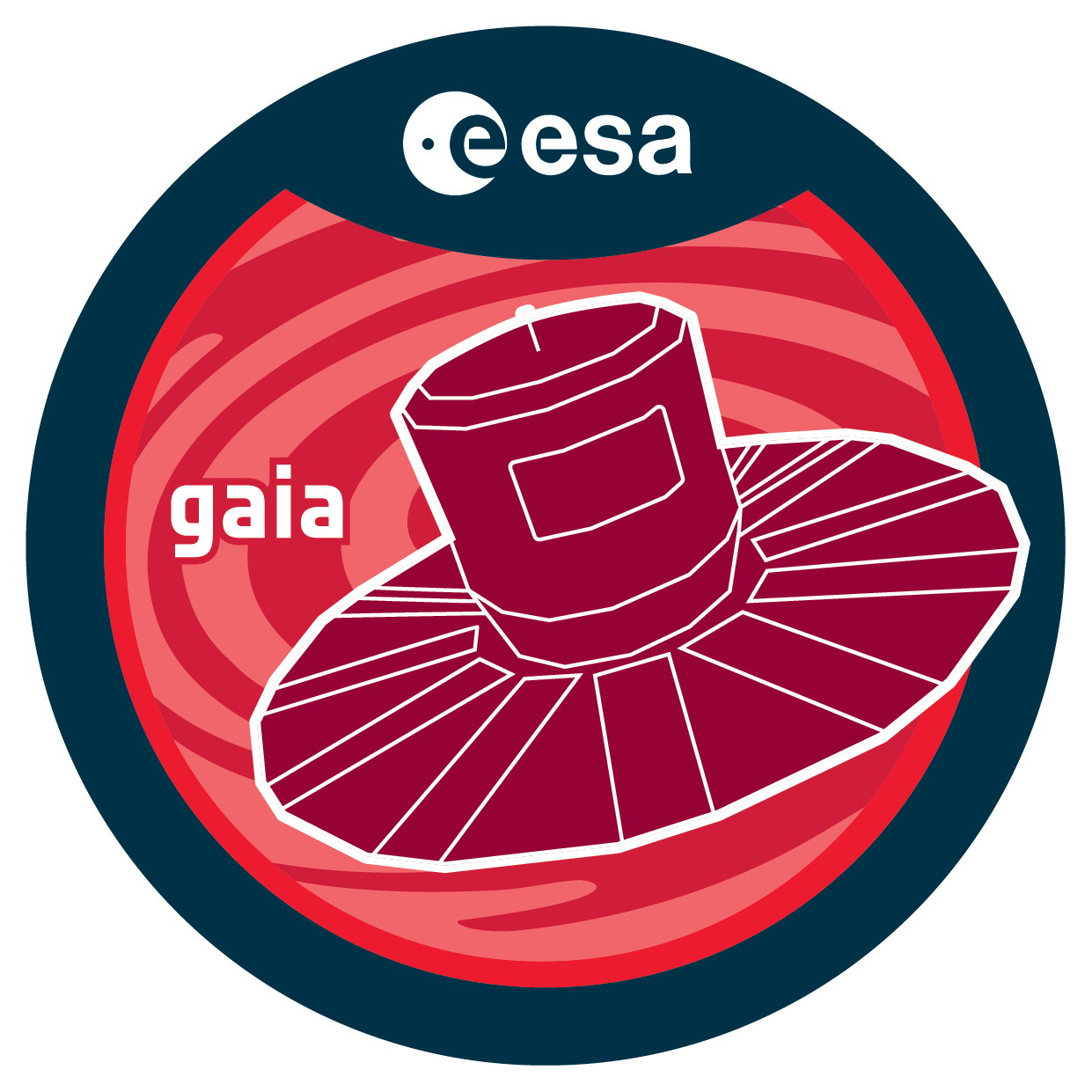Grebel Eva - Gaia
Gaia contributors
Gaia was proposed in 1993 and since then, many people have been involved in the Gaia mission, whether at ESA, at industry side or at one of the institutes involved in the Gaia data processing. The Gaia Data Processing and Analysis Consortium (DPAC) is a collaboration which consists of around 450 scientists and engineers.
The list of Gaia contributors presented here should not be considered a complete representation of the entire consortium and should not be considered as a list of currenly active people on the Gaia mission. A more complete list of Gaia contributors that were involved in the creation of the Gaia catalogues can be obtained from the author lists of the Gaia Collaboration overview papers (for Gaia Data Release 1 see here, for Gaia Data Release 2 see here, for Gaia Early Data Release 3 see here, for the full Gaia Data Release 3 see here, for Gaia Focused Product Release see here). A history of contributions to the Gaia mission can be found from the acknowledgements given with each data release.
Gaia DPAC members who wish to be featured on these pages can contact the Gaia Helpdesk. Anyone who wishes to be removed from this website can contact the Gaia Helpdesk.
 |
Astronomisches Rechen-Institut (Germany) |
|
Following her doctorate at the University of Bonn in 1995, her career took her to Urbana-Champaign (Illinois), Würzburg, Santa Cruz (California) and ultimately to Seattle (Washington) on one of the much-coveted Hubble Fellowships. From 2000 to 2003 she headed a research group at the Max Planck Institute of Astronomy (Heidelberg). Then she was appointed professor at the University of Basel and director of the Astronomical Institute. In 2007 she returned to Heidelberg where she is a professor at the Centre for Astronomy (ZAH) of the University of Heidelberg and director of the Astronomisches Rechen-Institut (ARI). Eva Grebel's main research interests centre around the structure, dynamics and evolution of the Milky Way, stellar populations and galaxy evolution. Within this framework she has devoted her research above all to the highly topical field of dwarf galaxies and to so-called near-field cosmology, employing "galactic archaeology" to reconstruct the evolution of nearby galaxies in detail by studying the abundant remnants of stellar evolution epochs of the past. Since 2007 she was a member of the Gaia Science Team. In 2009 Eva joined the ESA Astronomy Working Group (AWG) and consequently resigned from the Gaia Science Team. Eva left the Gaia mission. [Published: 19/01/2009] |
|
- Removed a total of (2) style text-align:center;
- Removed a total of (5) style text-align:justify;
- Removed a total of (1) border attribute.
- Removed a total of (1) cellpadding attribute.
- Removed a total of (1) cellspacing attribute.
Gaia people archive
- Removed a total of (1) style overflow:auto;
- Removed a total of (2) border attribute.
- Removed a total of (2) cellpadding attribute.
- Removed a total of (2) cellspacing attribute.








































 Sign in
Sign in
 Science & Technology
Science & Technology

